Meta's Algorithm Under Legal Scrutiny in Kenya for Ethiopian Violence Connection

Kenyan courts have ruled that Meta, the parent company of Facebook, can be sued over allegations that its platform amplified harmful content and contributed to ethnic violence in Ethiopia during the Tigray conflict.
The High Court's decision on Thursday allows a lawsuit brought by the Katiba Institute and two Ethiopian researchers to proceed, marking a significant legal challenge for the tech giant. The suit alleges that Facebook's algorithms promoted incendiary posts during Ethiopia's civil war in Tigray between 2020 and 2022. The plaintiffs contend that Meta failed to adequately train its algorithms to identify inflammatory content and did not employ a sufficient number of moderators fluent in local languages.
The suit further details that the father of one of the researchers was targeted with ethnic slurs and explicit threats on Facebook in October 2021. Despite reports to Facebook, the posts were not promptly removed, and his father was killed the following month. Meta challenges the lawsuit on jurisdictional grounds, claiming that because it is not registered as a company in Kenya, the local courts lacked jurisdiction over its operations.
However, the High Court rejected this argument, clearing the way for legal proceedings to move forward. Nora Mbagathi, Executive Director of the Katiba Institute, hails the ruling as evidence of Kenya's commitment to addressing global issues through its judicial system. The plaintiffs are seeking a court order that would compel Meta to immediately curb the spread of violent content, increase its content moderation staff in Nairobi, and establish a $2 billion (Sh258.5 billion) restitution fund for victims of violence incited on Facebook.
The Tigray conflict, which began in 2020 between Ethiopia's federal government and forces in the northern region, led to thousands of deaths and the displacement of millions. A cessation of hostilities agreement was reached in November 2022. In response to the lawsuit, Meta spokesperson Erin McPike says that the company has invested heavily in content moderation and technology to detect and remove harmful posts.
She adds that Meta employs local experts and continues to improve its ability to detect violations in Ethiopia's major languages. The ruling comes as Meta faces additional legal challenges in Kenya. The company is also involved in lawsuits filed by content moderators employed by a Nairobi-based contractor, who allege poor working conditions and unfair dismissal after attempting to unionize.

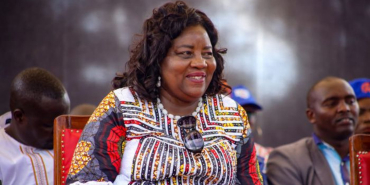

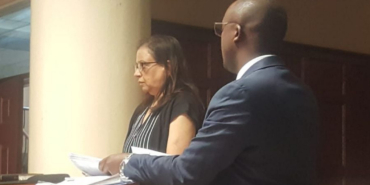
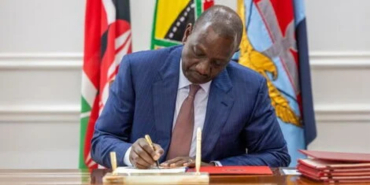
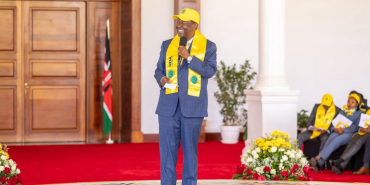

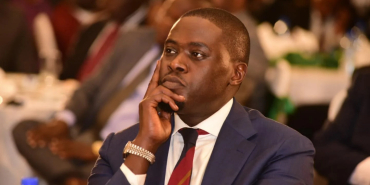






Add new comment